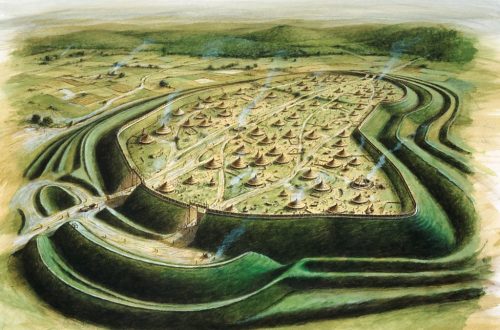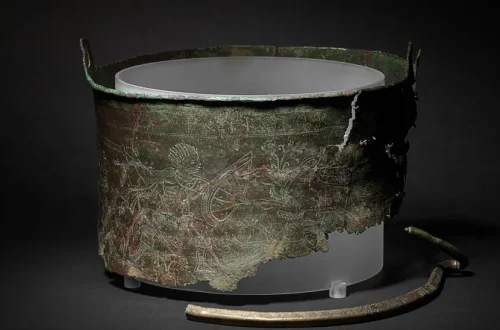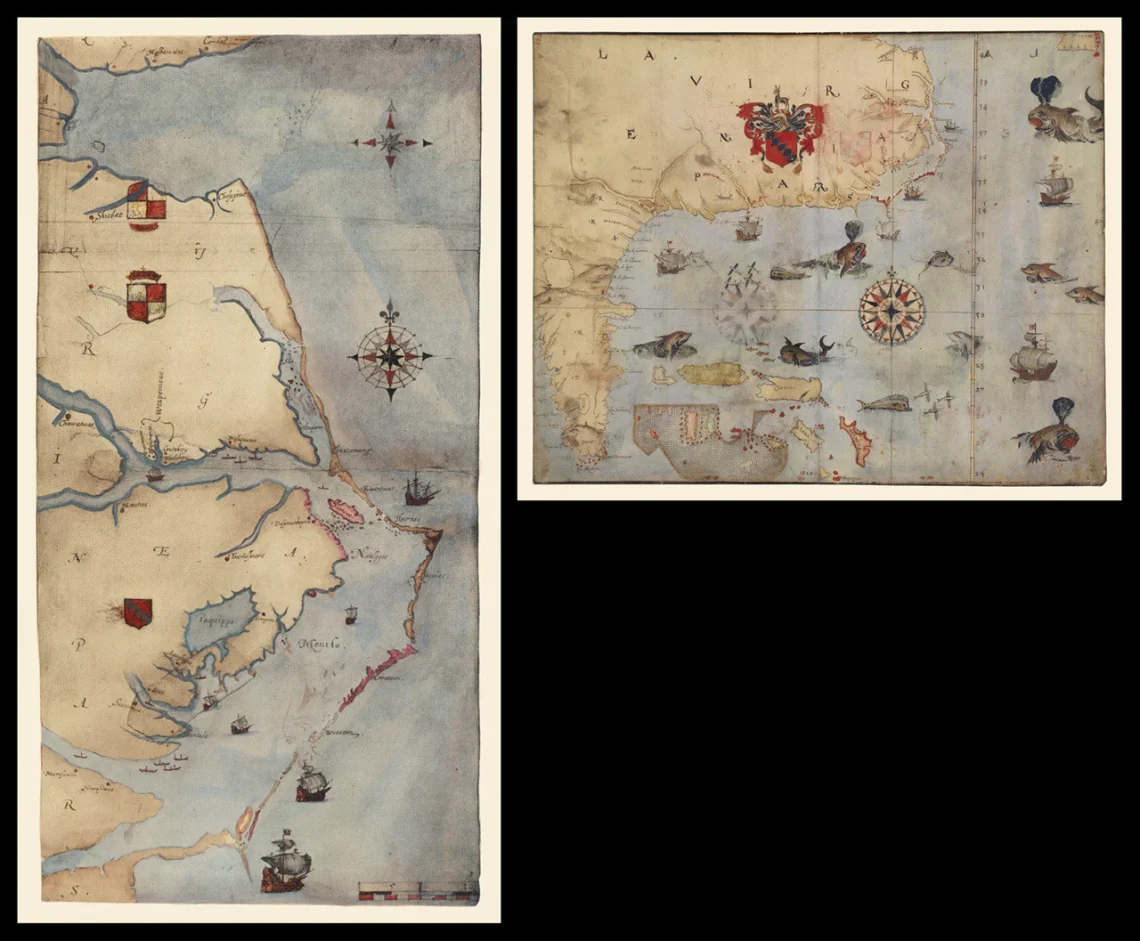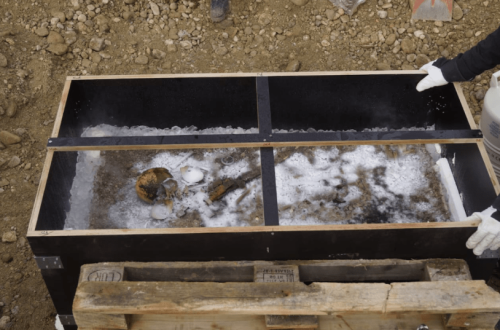In a remarkable find, researchers at Cambridge University Library have discovered fragments of a rare 13th-century manuscript containing medieval tales of Merlin and King Arthur. Hidden for centuries within the binding of a 16th-century ledger, these parchment fragments offer a fresh glimpse into the Arthurian legend, shedding light on its medieval French origins. Digitised through a groundbreaking three-year project, the manuscript is now accessible to scholars and the public, marking a significant moment in literary and historical research. The manuscript fragments were found by an archivist examining the binding of a 16th-century estate register. The parchment, dating to around 1300,…
-
-
For over four centuries, the fate of the Lost Colony of Roanoke has remained one of America’s most enduring historical enigmas. In 1587, over 100 English settlers, led by Governor John White, established a colony on Roanoke Island, off the coast of present-day North Carolina. When White returned in 1590 after a three-year delay due to the Anglo-Spanish War, the colony was deserted, with only the word “CROATOAN” carved into a wooden post as a clue. Now, groundbreaking archaeological discoveries on Hatteras Island have provided compelling evidence that the colonists did not vanish but integrated with the local Croatoan tribe,…
-
Beltane, meaning “bright fire” in Old Irish, thrived in Celtic Ireland and Britain from the 1st millennium BCE. Held midway between the spring equinox and summer solstice, it was a sacred pivot, ushering in warmth and abundance. Celtic communities lit massive bonfires, driving cattle between flames for purification and dancing to invoke divine favor. Excavations uncover Beltane’s tangible past. Archaeologists found charred wood and ash layers at Tara Hill in Ireland, dated to 800–100 BCE, suggesting ritual bonfires. Burnt animal bones and bronze offerings, unearthed in Scotland’s Highlands, hint at sacrifices to ensure fertile harvests. Circular stone alignments, like those…





